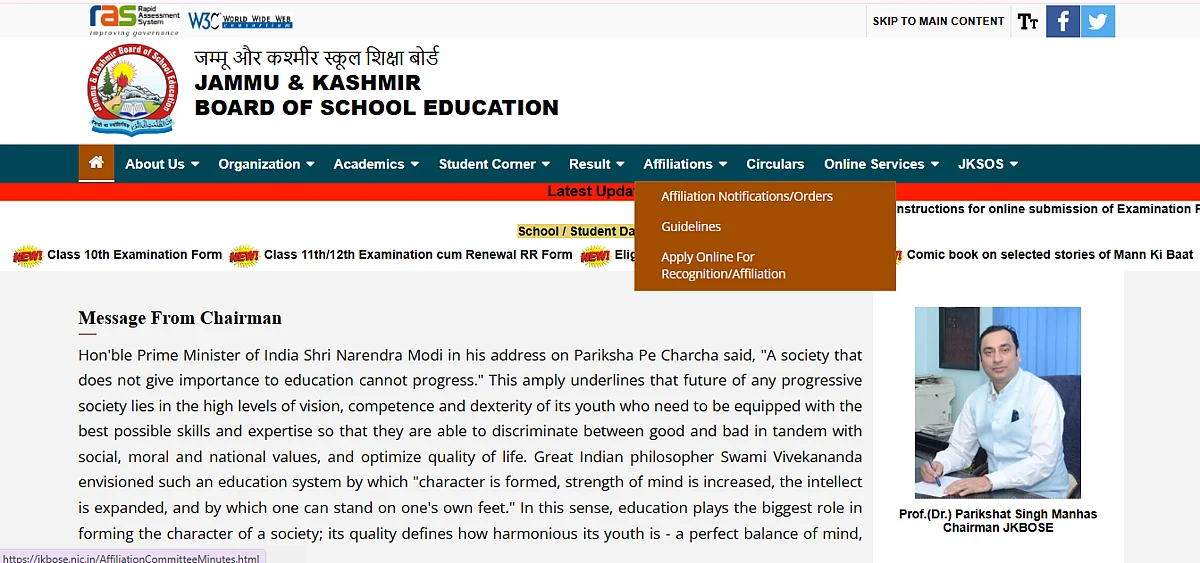The Supreme Court of India has recently announced a significant change regarding the accreditation requirements for journalists aspiring to become legal correspondents. During a pre-Diwali gathering with media representatives, Chief Justice DY Chandrachud declared that obtaining a law degree (LLB) is no longer necessary for journalists seeking accreditation to cover Supreme Court proceedings.
“Just yesterday, I signed a file for expanding the footprint of the accredited correspondence for the Supreme Court. I don't know for what reason there was a condition you must have passed law LLB. We have relaxed that," the Chief Justice stated on Thursday, as reported by various media outlets.

Access to facilities in SC
During the discussion, the Chief Justice emphasised that accredited journalists will enjoy access to all facilities at the Supreme Court, including designated parking spaces. This is expected to facilitate easier access for journalists covering crucial legal matters and improve their engagement with the judicial system.

Previous norms for legal journalists
Previously, in 2018, the Supreme Court had introduced comprehensive norms for the accreditation of legal correspondents, with the aim of streamlining the process and ensuring that journalists who cover legal issues have a fundamental understanding of the law. The earlier guidelines mandated that correspondents hold a law degree (LLB), which was deemed essential for accurately interpreting legal concepts, court proceedings, and judicial rulings. Furthermore, these norms stipulated that applicants should possess a certain level of experience in legal journalism, underscoring the importance of expertise in this specialised field.
The recent relaxation of these requirements represents a significant shift in the Supreme Court's approach, potentially allowing a wider range of journalists to engage with legal reporting and contribute to public discourse on judicial matters. This move is anticipated to enrich legal journalism and enhance the overall understanding of legal processes among the public.










